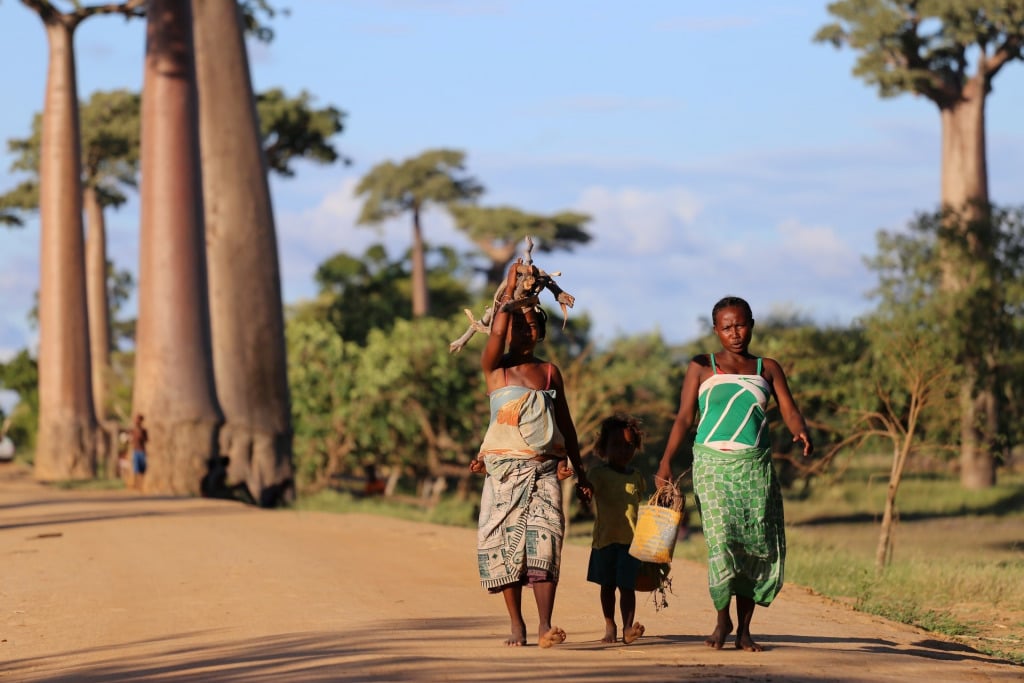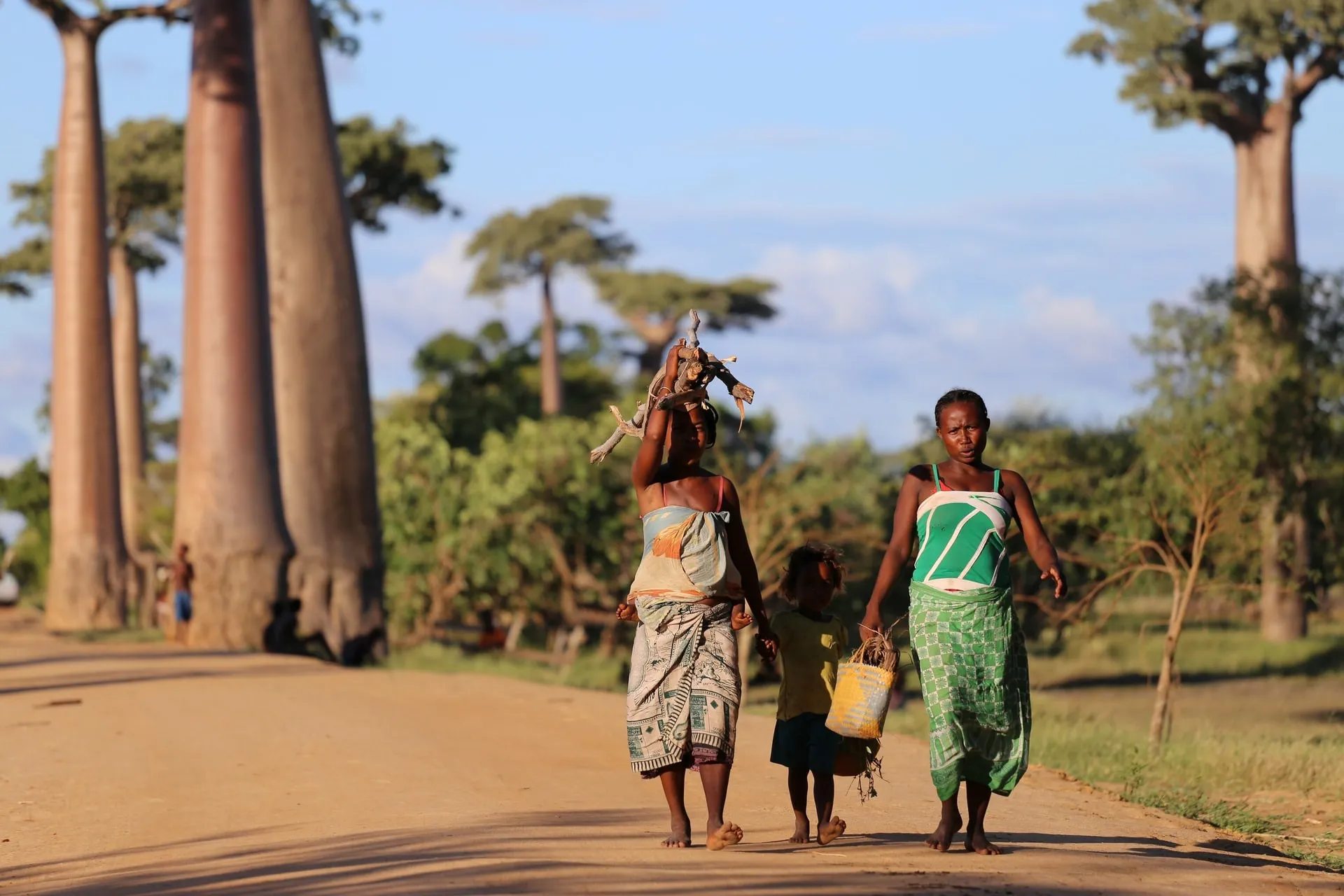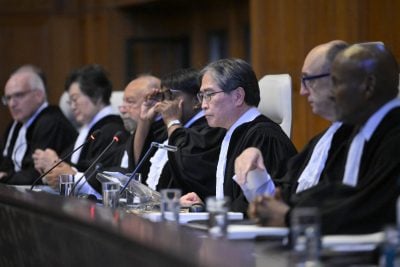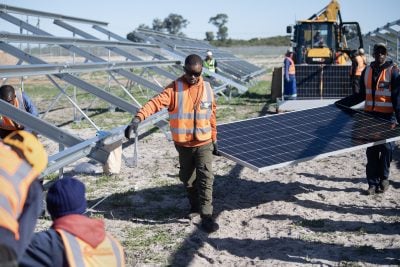Can you explain the initiative you are involved in to restore a hundred million hectares of forest in Africa?
The African Forest Landscape Restoration Initiative (AFR100) is an initiative I am very committed to. It is an African-led effort to bring 100 million hectares of deforested and degraded landscapes across the continent to restoration or productive use. We have approximately129 million hectares committed by 31 countries. But now we have to begin to great work of implementation. Each country has to activate their restoration agenda and that will always be harder than just making a commitment to restore land. We know that forest restoration is closely connected to food security, mitigation against climate change, and building resilience, and I hope and believe it can also be a driver of rural prosperity.

This is Africa’s response to the New York Declaration, a voluntary agreement to end deforestation by 2030 and the Bonn Challenge, to restore 350 million hectares of degraded and deforested landscapes by 2030.
If we’re going to do it right, we’re also going to need to make sure that AFR100 involves local community and grassroots organizations, like the Green Belt movement, to activate restoration on the ground. In Africa, we have a lot of “boots on the ground”. We have a very young population that is largely unemployed, so this can help activate our restoration generation much like what was done in the US in the 1930s with the civilian conservation corps. It’s a matter of political will to get it done and to get it done with local leadership.
How do you also protect forests that are already standing?
That is crucially important. We have to start by protecting what is standing. The Congo forest ecosystem on this continent, the Amazon in South America and the South East Asian forests are the three lungs of the planet, so we have to make sure that they are healthy.
The latest research shows South East Asian forests are now net emitters of carbon. It’s tragic. The Amazon forest is teetering on the edge of becoming an emitter, leaving the Congo, which is also under pressure, as still the healthiest lung of the three. We should do all we can to protect standing forests even as we restore degraded landscapes.
How vital has your mother’s role been in stimulating action on the environment?
In 2004, when my mother, Wangari Maathai, received the Nobel Peace Prize, a lot of people questioned the connection between the environment and peace. Nobody’s questioning that now. The environment has everything to do with peace.
We have to take nature into consideration. GDP is not enough and the intervening years confirmed the foresight that my mother had. I think in some ways she reset the boundaries. She got the conversation going and created a new platform that gave the environmental agenda due prominence. She made the environment central.

Are you optimistic about what can be done over the next year?
Of course. I choose optimism. We had to come up with real financial resources for the global economic recovery after the banking crisis of 2007. That was $19 trillion! How can we not mobilize the same amount of money to save humanity? Of course, we can, but are we willing to do what it takes to get it done?
There’s no reason why we cannot activate Article Six of the Paris Agreement, which would allow for carbon markets to be activated and a price on carbon set. One of the big success stories of COP26 ought to be operationalising Article 6. We need a price on carbon to activate and incentivise the protection of standing forests. There is real political movement needed around that!
This article is part of a thought leadership series, Natural Capital Power, that will be rolled out on the forestLAB website www.forestlab.partners from 3 June. forestLAB is a new research collaboration between the London School of Economics’ Grantham Research Institute on Climate Change, University of Stirling and The African Conservation Development Group.
Want to continue reading? Subscribe today.
You've read all your free articles for this month! Subscribe now to enjoy full access to our content.
Digital Monthly
£8.00 / month
Receive full unlimited access to our articles, opinions, podcasts and more.
Digital Yearly
£70.00 / year
Our best value offer - save £26 and gain access to all of our digital content for an entire year!

 Sign in with Google
Sign in with Google 



